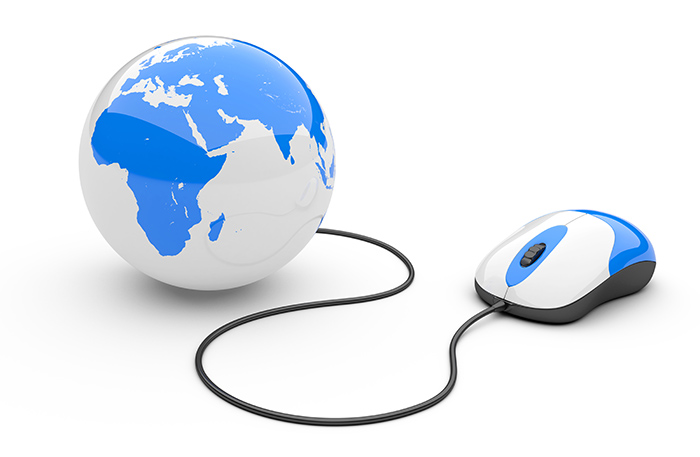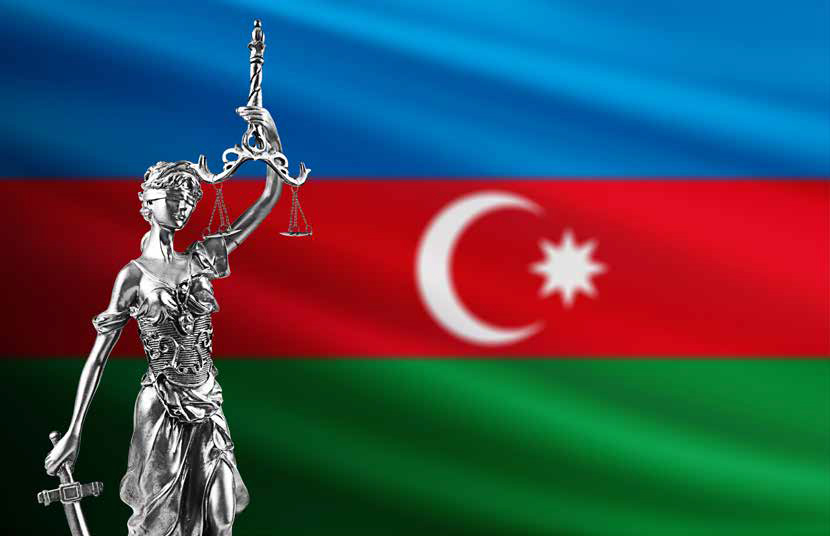Human rights news analysis - Global Insight October/November 2021

Business and the legal community must work collaboratively to bridge digital divide
Ruth Green
The Covid-19 pandemic has shone a spotlight on the digital divide that exists globally, and on the disadvantages suffered by those who, for example, lack access to the internet. In-House Perspective reports on how business and in-house teams are joining forces to address these issues.
The pandemic has significantly increased our reliance on the internet and technology. At the same time, the gap between those who have access to digital technologies and those who do not has grown exponentially.
Now it’s time for businesses and in-house counsel to help bridge that gap, says Lani Cossette, Senior Director and Chief of Staff of Microsoft’s UN Office in New York. ‘Those of us in tech have been talking about the digital divide for a long time, but it’s a seriously difficult problem to address something that requires lot of people working together at scale,’ she says.
The enormity of the task becomes all too evident when you acknowledge that an estimated 3.7 billion people still lack internet access worldwide, says Catalina Botero Marino, former Special Rapporteur for Freedom of Expression for the Organization of American States’ Inter-American Commission on Human Rights. ‘It seems to me that today, after what we have experienced over the past year, no one is surprised by the idea that the possibility of enjoying and exercising basic human rights depends, to a large extent, on adequate access to the Internet,’ she says.
Botero Marino, who is also a Council Member of the IBA’s Human Rights Institute Council, says this problem became particularly acute in poorer countries throughout the pandemic. ‘The right to education, which already presents enormous challenges in the Global South, was severely affected and only those with adequate internet connectivity, computers, and digital literacy, were able to enjoy it to some degree,’ she says.
However, as lockdown measures resulting from the pandemic forced billions of workers to telecommute and locked billions of children out of classrooms worldwide, she says it’s become clear that the digital divide is an ongoing challenge in developed nations too. ‘The profound inequity in the impact of the health crisis revealed, once again, the urgency of demanding that States take seriously the right of people to access their rights and, to this end, it is urgent and unpostponable to provide access to the internet for everyone.’
Cossette agrees the pandemic has helped businesses like Microsoft and governments alike refocus their attention on this immense challenge. She’s well versed in handling issues related to digital access rights, having previously worked in Brussels with Microsoft’s European Union Government Affairs team, where she oversaw all manner of transatlantic and global data transfer and access issues in the cloud computing era.
Today, as part of the company’s UN affairs team, she is working to expand on Microsoft’s existing relationship with the UN and advocating for a multilateral, human-centred approach to digital access. ‘There’s such a noted political will now in looking towards addressing the digital divide,’ she says. ‘Our main focus is going to be trying to use our voice and help advance solutions, sustainable financing ideas and really trying to advance work on what we’re calling human-centred connectivity.’
‘There’s a lot that needs to happen when a person gets access to the Internet in terms of being part of the economy, being able to change jobs and to reskill,’ she explains. ‘We’re hoping to capture all of this attention and interest in moving forward and really being able to make a difference.’
Although Microsoft has been engaging with the UN on many of these issues for well over a decade, Cossette says the decision to set up a dedicated presence at the UN in 2020 was driven by the recognition that member states can’t address global problems in a silo. ‘Global problems – like the digital divide and other issues – are our problems too and as a business increasingly so,’ she says.
“Global problems – like the digital divide and other issues – are our problems too and as a business increasingly so
Lani Cossette, Senior Director and Chief of Staff, Microsoft’s UN Office
Rebecca Marmot is Chief Sustainability Officer at Unilever. She says the multilateral collaboration between business, government and civil society has been key to the success of TRANSFORM, a joint initiative between Unilever, Microsoft, the UK Foreign and Commonwealth Development Office (FCDO) and EY, which enables innovative social enterprises to reach low-income households in developing countries.
‘Digital technology can deliver transformative solutions, but this depends on forming partnerships to bring together the necessary skills, expertise and support,’ says Marmot. ‘TRANSFORM exemplifies this collaborative approach. Through TRANSFORM, Unilever and Microsoft have partnered to bring together Microsoft’s world-class technical expertise and Unilever’s understanding of consumers and behaviour change. Together we can ensure that digital solutions are made available to underserved communities and that the presence of technology translates into usage and economic gain for all.’
Cossette says it’s also incumbent on the legal community – both in-house and private practice – to play its part in closing the digital divide worldwide. ‘We can do better by speaking up to recalibrate the dialogue on the digital divide to be more technology-agnostic; to advocate for affordable and scalable solutions; to champion a rights-protecting policy and regulatory framework; and to find ways to reduce regulatory hurdles to deployment.’
Botero Marino agrees that lawyers, regardless of their position or practice area, have an important role in advancing digital rights for all. ‘Lawyers can assist in the design of public policies that take Internet access seriously in all its dimensions,’ she says. ‘We can build persuasive and robust arguments about the need to close the digital divide to satisfy other rights to which we are entitled; we can conduct strategic litigation that leads courts to protect equality and non-discrimination in Internet access as an essential safeguard for the access to other fundamental rights; and, when we act as judges, we can make decisions that give real effectiveness to declarations of rights by protecting fundamental conditions for the exercise of those rights.’
Credit: Marynchenko Oleksandr / Shutterstock




